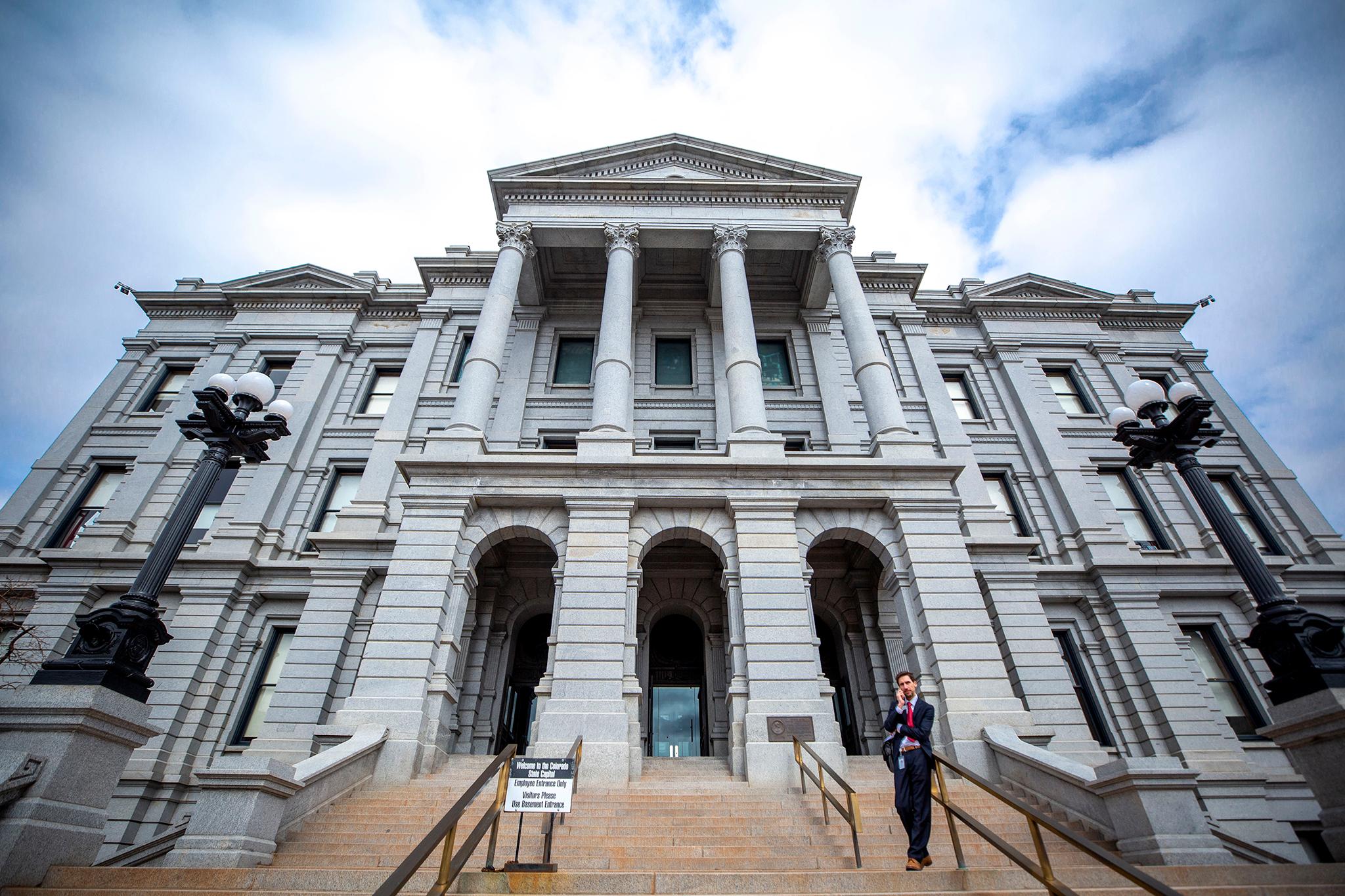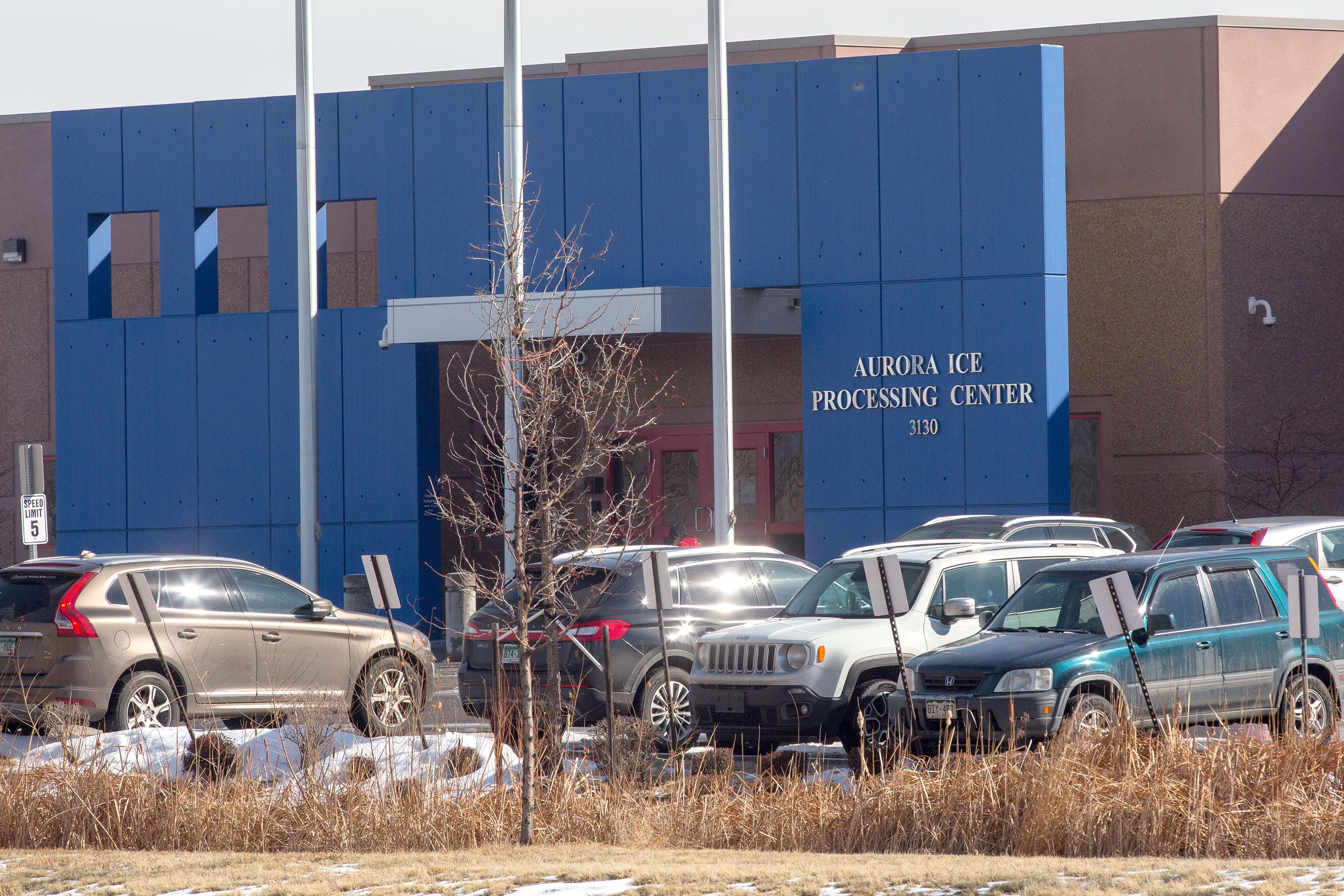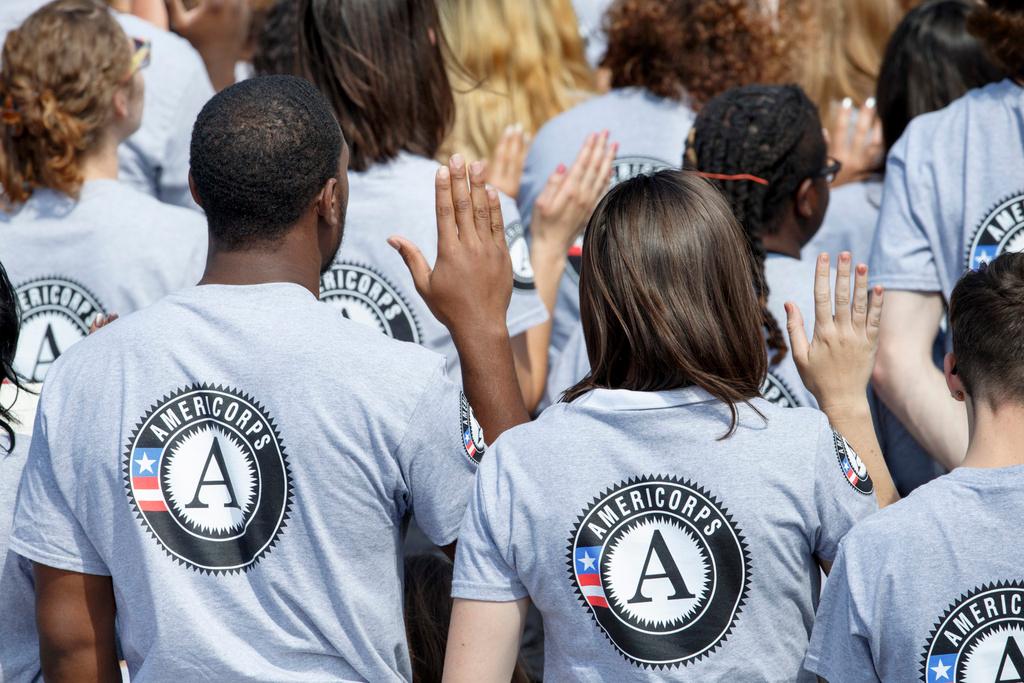
Colorado’s legislature may come back to work at the state capitol later this spring even if the state is still under a declared emergency and the governor’s stay-at-home order.
All options are on the table, said Democratic House leaders on Thursday. Everything from meeting remotely to trying to outfit lawmakers with personal protective equipment to allow them to work inside the building. The legislature’s work is considered essential and lawmakers say the governor’s executive orders cannot prevent their gathering.
“We're a separate branch of government so we can decide for ourselves what we need to do,” said Democratic Speaker of the House KC Becker. “You've seen Congress meeting and the reality is there's just certain work that we're going to have to get to.”
She points to the need to pass a balanced budget and fund schools and other parts of the government before the state’s fiscal year begins on July 1, 2020. That job just got a lot tougher. Becker said the state legislature may need to backfill a $2 billion budget shortfall.
It’s a sharp contrast from what lawmakers thought they would be doing. Before the coronavirus began to shut down the state, Colorado’s healthy economy meant they expected extra money in next year’s state budget, not cuts.
“Every week the numbers keep getting worse and so when do we hit bottom? When does the economy get back on its feet? How long this lasts, those are all unknowns,” Becker said.
Another unknown is the federal CARES Act money Colorado will receive and whether that can be used to help shore up the budget.
“We have to wait for some U.S Treasury guidance on that. And that's a lot of money. It's $1.7 billion that comes to the state.”
Colorado lawmakers have been in limbo ever since they suspended their work March 14 amid the growing novel coronavirus pandemic. Since that time, one lawmaker has tested positive for COVID-19 and another contracted a different coronavirus.
The state Supreme Court did settle one major question when it ruled that lawmakers can keep meeting past their original session end date of May 6.
Lawmakers’ desks are right next to each other, so it would be tricky to maintain the recommended social distancing space with all 100 legislators at work inside the capitol. The need to avoid large gatherings would also likely have a significant impact on the usual committee hearing process, which in normal times is completely open to the public.
That’s why Democratic House Majority Leader Alec Garnett said he and others have seriously begun to explore meeting remotely.
“The one constitutional requirement is that there is [the] identification of people as they vote, right? And so that, I think based on the advancement in technology, is achievable.”
Republicans and others have expressed concerns about making sure the process is transparent and that public hearings are truly open to the public.









